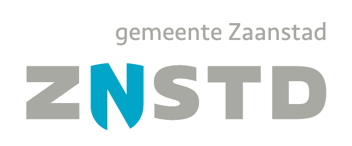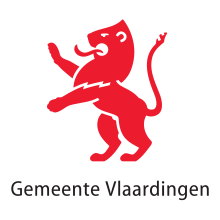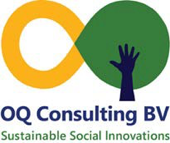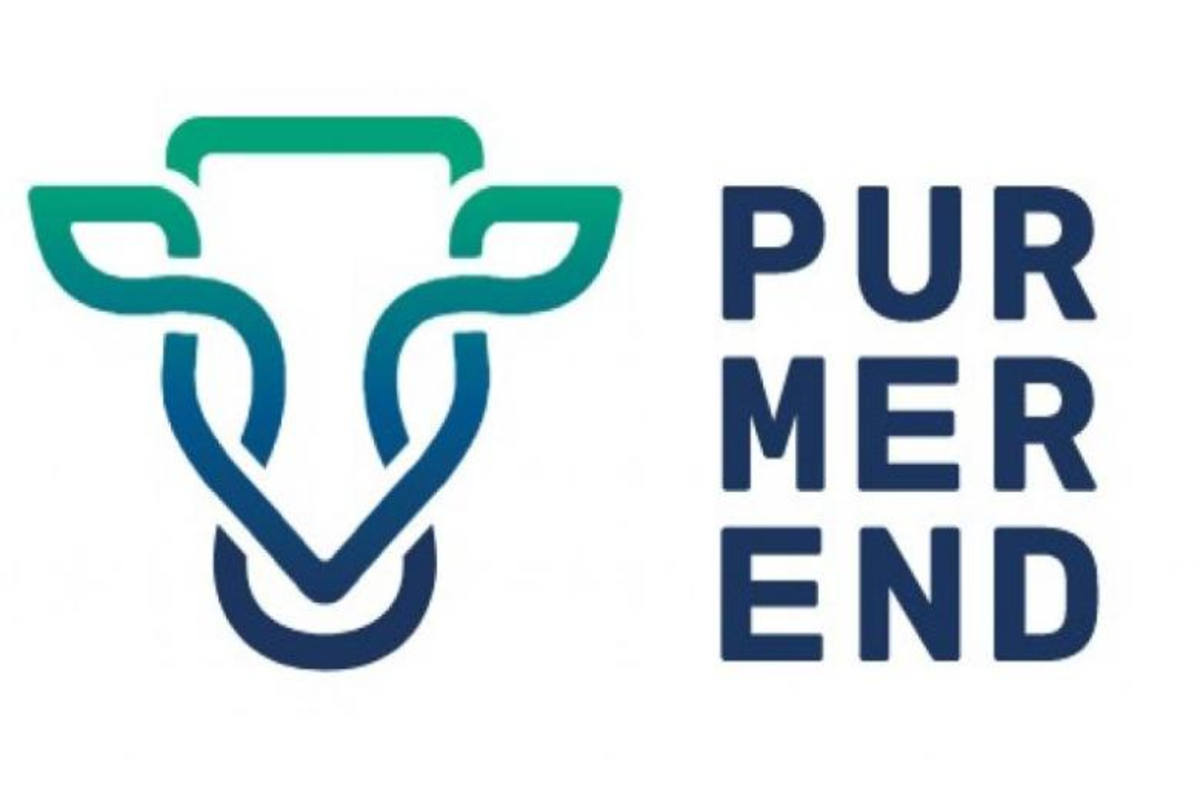The recent uprisings in Iran saw thousands of women using social media and creating a groundswell of people making change happen. Once women are online, there is no end to the possibilities. I have spent many days in a women’s internet cafe in Kampala, Uganda, at the offices of Isis-WICCE. One woman told me she is a writer and she uses internet to be in touch with other writers in other parts of the world. Others had businesses and used internet to promote themselves. Others were students, using internet to gather information.
At an international meeting in Budapest, just weeks after the end of the war in Serbia, a woman reached out to me. I had just finished working with women’s information and media organisations in 40 countries world wide, where we organised online discussions and shared information on issues facing women – from violence, to education, to access to water. What we did – it was the year 2000 – was revolutionary. The focus of our project was the review of results five years after the agreements made by world leaders at the UN Conference of Women, in Beijing. We were using internet to hold governments to account. The Serbian activist asked me to teach women’s organizations in Serbia to use the tool as effectively. They wanted to be able to organise politically from the safety of their own homes.
A whole team of feminist information activists from various parts of Europe respondend and shared what we knew of building websites, of holding online discussions and of using internet in communication strategies.
Then, and now, internet and social media is a tool. It is very effective way to build your tribe. It is the movement, the people working together to make change happen, that makes the difference. People are using twitter in Saudi Arabia today to mobilize people, and they are going to prison for it. It is the power of people mobilized that repressive governments fear, not the platform they use to organize themselves.
According to the makers of this infographic, in countries in the Global South, with prohibited freedom, lower literacy rates, and lack of technological knowledge, many women are missing out on the Internet. In the Global South both genders tend to have more limited Internet connectivity than tpeople in the North. In some extreme cases, as many as 70% of a nation’s men have accessed the web before, compared to just 14% of women. But when women are able to gain access to the Internet, they begin to do powerful things with it. Among women in developing nations, many of those who have been able to access the web have used it to find work, do research, and otherwise seek an additional income source for their families.
Thank you Allison Morris for sharing it with me.
Developing your tribe, finding the people that support your goals, empowering people to work together for a goal that is worth putting time and energy into, is the focus of NETSHEILA’s work. It is what we love to do.
Our clients



















